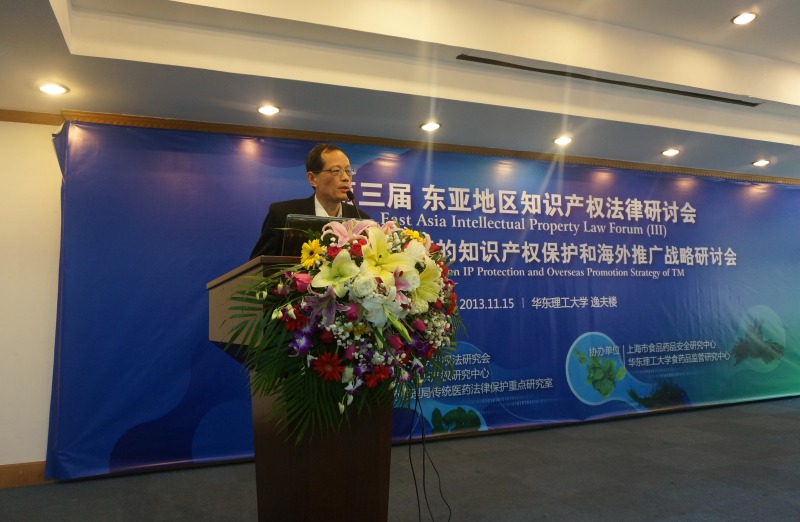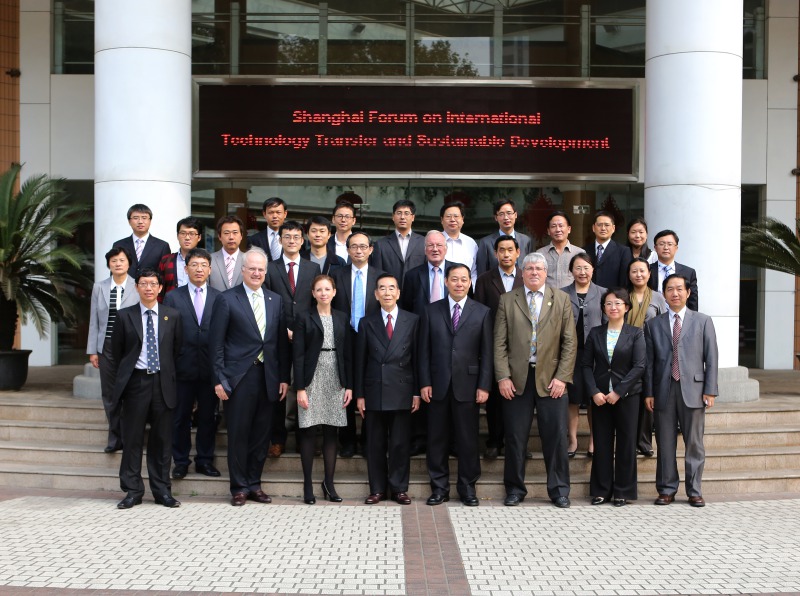The Trade of GM Products and the Regulation of International Law
Hu Jia xiang
Journal of Shanxi University (Philosophy & Social Science) 2015(38)
Abstract: So far, there is no institution in the world which has made any convention binding on the trade of GM products. Relevant articles can be found in the agreements under the WTO regime and other global or regional trade agreements. Except for the WTO rules, international conventions normally do not have the binding effect. Even so, the binding effects of GATT and SPS and TBT are different. The SPS requests WTO Members should base their border restrictive measures on the sound evidence of science and technology. The TBT allows the requirement for product quality extending to the production process. As the core provisions of the multilateral trade regime, GATT and SPS and TBE have delineated the baseline for the regulations on GM products. Nevertheless, WTO rules aim to regulate the market access of trade in goods and services and the protection of intellectual property rights in trading. The essence of GM product disputes is rather over the marketability than over market access, which is regulated mainly by domestic laws. How to regulate it within the international regime is a complicated issue.
Key words: trade of GM food; international regulations; TBT Agreement; SPS Agreement; GATT
This article can be divided into six parts:
The first part is the introduction. It presents the legal regulation actuality of GM products trading. Nowadays, there isn’t any specialized treaty on GM products trading. The relative regulations are scattered among some conventions, such as GATT, SPS, TBT, IPPC and so on.
The second part introduces the GATT and regulation of trade in GM products. By quoting GATT 20(b) which says that protecting the life and health of humans, animals and plants, the trade of GM products can be limited. However, the behaviors which are arbitrary, unequal and disguised forms of trade protecting are forbidden. The basic principles of WTO rules should be obeyed.
The third part is about the TBT and regulation of trade in GM products. the regulations mainly refer to the specifications and characteristics of the product itself. While, the TBT doesn’t list all the standards, and there are no unified standards in international community. So the effect of TBT is limited.
The forth part is about the SPS and regulation of trade in GM products. Mostly, the restrictive measures in GM products trading are used as protective measures in SPS. There are also some conditions to implementation. Firstly, the degree must be considerably. Secondly, it must be built on the basis of scientific principles. Thirdly, the scientific evidences must be adequate.
The fifth part introduces the ruling basis of GM products trading disputes. Through the analysis of GM case, the SPS, TBT and GATT are all applied.
The final part is about the potential impact of GM case to international law regulation. Firstly, it contributes to the constitution of transparent risk controlling methods. Secondly, it may affect the formulation of regulation methods in member countries. Last but not least, it may be conducive to the conductions of negotiations.
next:Establishment of A Mechanism on Sharing the Benefits Arising from The Utilization of Marine Genetic Resources in Areas beyond National Jurisdiction


